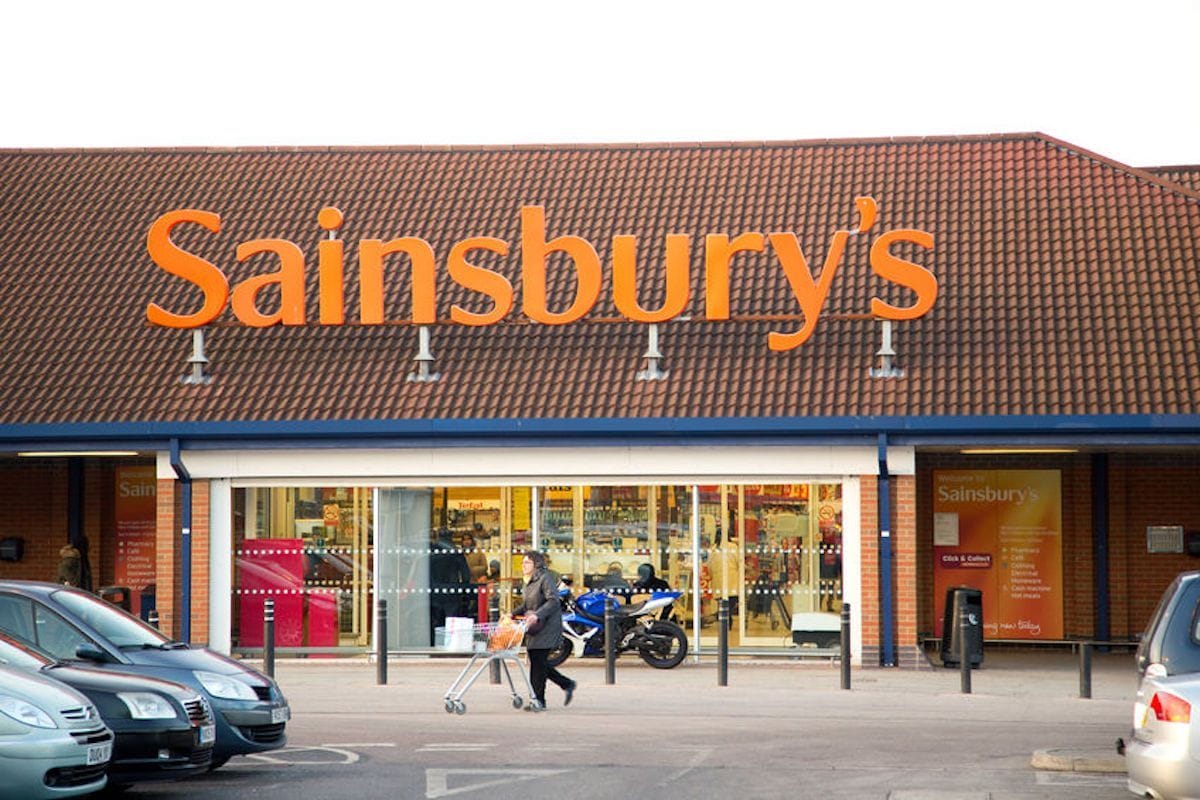Retail loyalty schemes are a hot topic right now.

The cost of living crisis is changing consumer behaviour fast and – as if you could forget – it has followed hard on the heels of the Covid-19 pandemic, which caused a similar burst of new shopping habits over the last couple of years.
Retailers are making the most of the chance to push their loyalty schemes as a way for consumers to save money, as the cost of living and rampant inflation (see last week’s column) eat into spending power. Loyalty schemes can provide a spot of welcome relief when families are struggling to pay the bills.
Eagle Eye report reveals how inflation and consumer behaviors are shaping the future of grocery loyalty worldwide.
A report this week from marketing technology group Eagle Eye highlights the opportunity for retailers to maximise customer engagement.
“This is an uncertain environment for retailers, but consumers are also primed to appreciate the value of loyalty,” said Eagle Eye CMO Tim Mason. “Grocery retailers are uniquely positioned to use their loyalty programs to deliver the savings their customers demand and the experiences they’ve come to expect.”
Mason certainly knows what he is talking about, having spent a large part of his career at Tesco where, among other things, he was in charge of Clubcard. Eagle Eye’s research shows that 84% of consumers trust loyalty schemes to provide personalised recommendations that will save them money in-store – and that 71% of shoppers would consider buying an item if it were recommended as a personalised promotion while they were shopping.
For retailers, that second figure might be the more appealing one. For them, loyalty schemes are part of a plan that is bigger than just helping shoppers save money.
Marketing Week: “Why retailers are using loyalty cards as a promotional paywall”.
Sainsbury’s last week followed Tesco, and a number of other retailers, by making some major changes to the way its Nectar scheme works. The strategy, popularised by Tesco, essentially puts all other existing promotional deals ‘behind’ the retailer’s loyalty scheme.
This means that familiar multibuys or meal deals are ONLY available to shoppers with a loyalty card or app. Popping into a store for the classic lunchtime meal deal of sandwich, crisps and a drink becomes a far pricier affair if you aren’t a member of the right scheme.
Analysts are impressed with the way that Tesco has driven up penetration of its Clubcard with this strategy: nobody wants to pay the higher prices demanded of non-members of the scheme, and shoppers enjoy something of a dopamine rush when they see the ‘savings’ they have accumulated during a shop.
The shoppers chase these savings by looking for the deep discounts limited to loyalty scheme members, giving the retailers a win-win. The real development here is in fact the growth of retail media networks, which retailers use to sell ads and promotions to brands, reaching consumers both in-store and through loyalty scheme mechanisms. The networks require the highest possible number of engaged loyalty scheme members to work, and putting all of the discounts behind a paywall of scheme membership delivers that.
The Daily Mail: “Supermarket essentials rise by as much as 80% in a year as the cost of cheddar, white bread and sausages soar”.
Retailers may feel the need to proceed with caution from here. It is clear that those on the lowest incomes have suffered most from rising food prices, and any action that limits discounts to those with the right memberships could lead to accusations of making social inequality even worse.
Loyalty card membership is free, of course, but personalised discounts will be based on buying history. This will naturally favour those shoppers who spend the most.
BBC News: “UK inflation: Supermarkets say price rises will ease soon”.
Meanwhile, food inflation remains at a punishing level and most forecasts predict a further rise in interest rates from the Bank of England.
It seems likely that the use of loyalty cards will continue to reshape the relationship between consumers and retailers for months to come.
